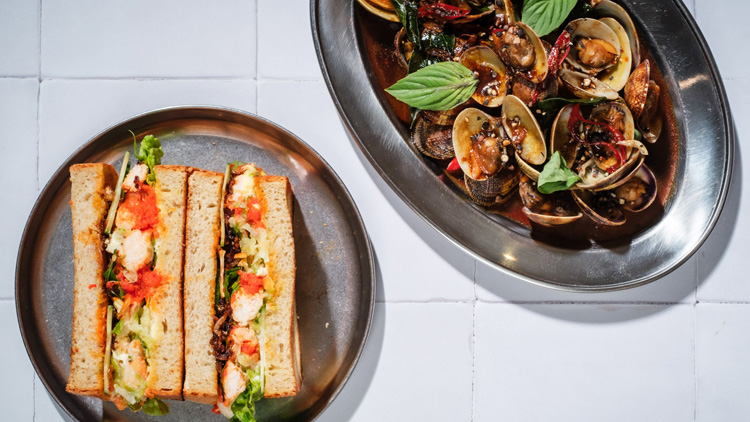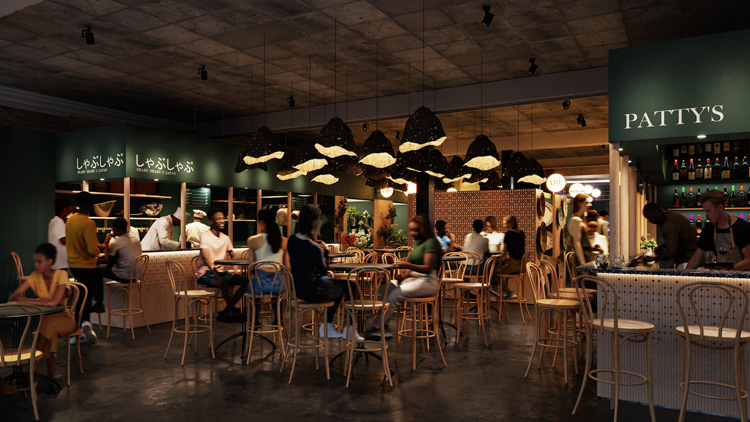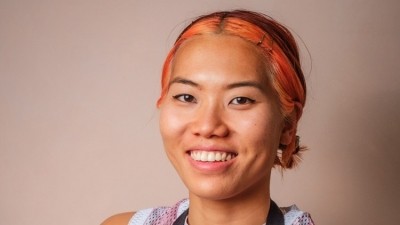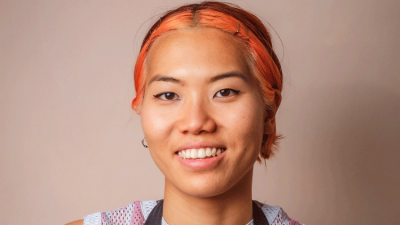Generation Next
Mambow No. 2 – Abby Lee on her new restaurant
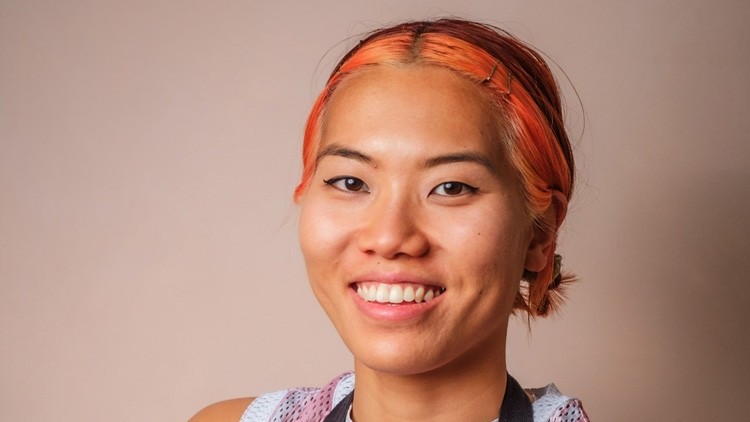
Abby Lee sounds tired. The night before we speak on the phone saw the first service for her new iteration of Mambow. Opening a new restaurant is always stressful, and like so many launch nights, Mambow’s wasn’t smooth sailing.
“The kitchen didn’t arrive until a few hours before we were meant to open,” says Lee with a wry if somewhat weary-sounding chuckle. “I only had about 90 minutes to get the whole thing fitted in order to give me time to finish the prep before we started service.”
Originally positioned as an affordable breakfast and lunch-focused bowl food restaurant, Lee first opened Mambow in London’s Spitalfields in early 2020, but it was almost immediately forced to close when the Covid-19 pandemic hit. Now she has relaunched at Peckham's Market Stalls with a ‘more complete restaurant offering’ and a modern Malaysian focus in reflection of Lee’s upbringing in Singapore.
Despite the last-minute rush to get things ready, Lee is audibly happy with how the first evening went. “We got a pretty good reception,” she adds, enthusiastically. “We got some great feedback. People really liked the food.”
Housed within a food market and with an almost completely new menu that pairs an ‘enlightened, fresh and playful’ approach to Malaysian cuisine with natural wines, this second version of Mambow is a very different proposition for diners to what came before. And for Lee, it’s an opportunity to explore the flavours and dishes of her homeland on her terms.
How did the decision to pivot the Mambow concept come about?
It was very organic. When I first launched Mambow it was about wanting to offer something casual in a café setting. The food wasn’t personal to me, but I thought the city needed it. During the lockdown, though, after I had been forced to close Spitalfields, there was an awakening within me. I yearned to eat the food from my homeland and revisit it. Eventually I made it back to Singapore and relearnt all the recipes from my aunt and my granny. And I realised this was an opportunity for me to relaunch Mambow as a more self-consciously Malaysian concept and show London what this cuisine means to me.
What are your thoughts on the representation of Malaysian cuisine in the capital currently?
It has developed in the last year or so. We’ve had Mandy Yin [founder of Sambal Shiok Laksa Bar] release her own cookbook; and seen [chef Sugen Gopal’s] Roti King expand its business. I still feel, though, like the representation of this food in London continues to focus primarily on a few singular dishes like roti canai, and that’s just not enough. There’s so much depth to Malaysian cuisine, and with Mambow I’m quite keen on introducing diners to new ideas and flavours.
How so?
When I think back to my time cooking at Maria Cicorella’s Michelin-starred Pashà Ristorante in Puglia, Italy, I remember seeing how they would take traditional Italian recipes and wanted to reimagine how diners could eat them, and how they could be served. That’s what I’ve wanted to achieve with my approach at Mambow; to find ways of modernising the cuisine and explore classic flavours in fresh ways. So we have the ‘M Wing’, a deep-fried chicken wing tossed in an anchovy sambal and served with lime that’s a play on nasi lemak; and a Hainanese chicken sando, my take on Hainanese chicken rice, with poached chicken, ginger and spring onion oil, Kewpie mayonnaise, chicken fat chilli vinegar, fried onions and cucumber, served as a sandwich.
What else is on the menu?
There’ll be separate menus for lunch and dinner, with lighter options available in the day and a focus on sharing plates in the evening. About half of the dishes have been developed from family recipes. I had to really sit with my aunt and granny and work out the recipes, as so much has been done by eye by them for years. The curries are the closest to my heart. The ikan assam pedas – a hot and sour fish curry with okra, aubergine and tamarind – is a dish I’m particularly proud of; one taste of that really brings me back to home.
Have you had to tone down the spice levels in some dishes to suit a broader palate?
Absolutely. With each dish I started with the original recipe and worked backwards. If it’s way too hot I’ll take some chilli away, but then slowly add more in to make sure it’s the right colour and flavour. The ikan assam pedas is spicy and will be a challenge for some, but not so intense that people will find it inedible.
As you relaunch Mambow in Peckham, how do you reflect now on having to close the original Spitalfields restaurant?
In the beginning it was so hard to see it as a blessing. There was the guilt of letting the team down. But having come out of it, and spent so much time reflecting and coming to the revelation that I should be showcasing my country’s recipes, it was a blessing. There’s no way I would ever have realised that if I had kept going at Spitalfields.
What are your plans for the future of Mambow?
Instead of a bricks and mortar restaurant we’re now in a small food hall setting, which is a real change. In Spitalfields the kitchen was downstairs, away from the restaurant floor and I didn’t feel as connected with the space. In Peckham we have a beautiful stone countertop where everyone can sit around, overlooking an open kitchen. It’s a completely different vibe in a food hall and I’ve really come to prefer it to a conventional restaurant setting. There’s more buzz and a greater sense of community between the operators. I definitely want to pursue opening more market stall sites in the future, but I also have ideas of developing other concepts related to Southeast Asian cuisine. Maybe having one that focuses specifically on Vietnamese food; and another that’s centred on Burmese food. I would love to create a business that had all these concepts and between them celebrated the whole region.
